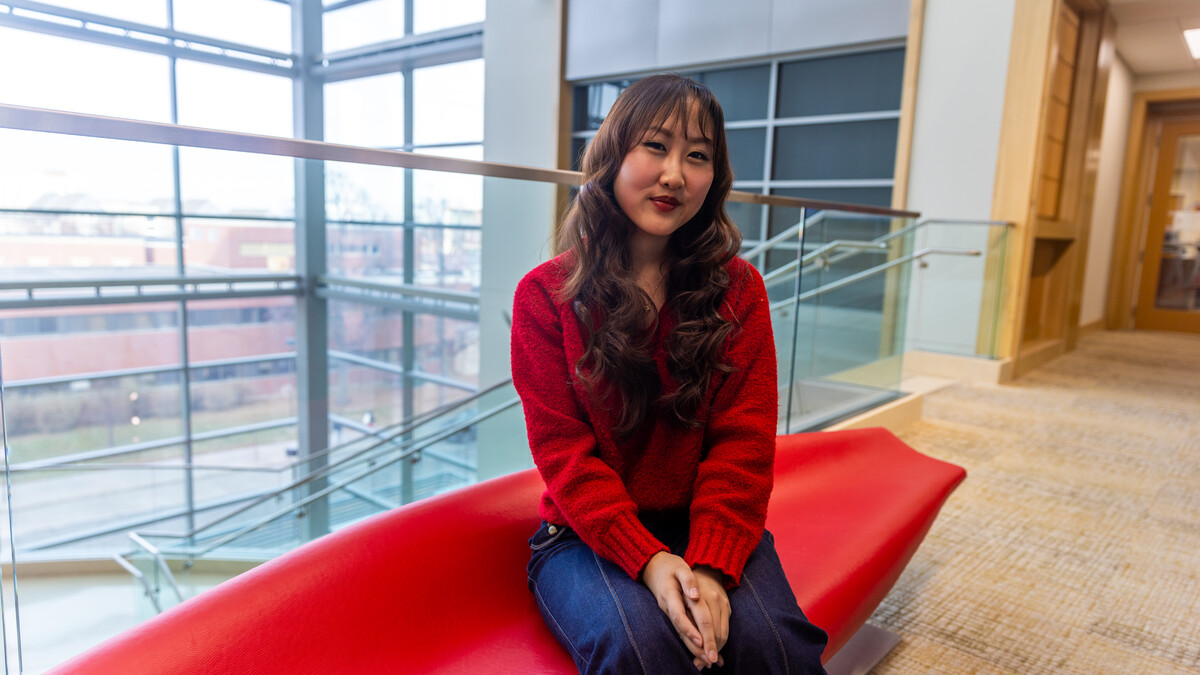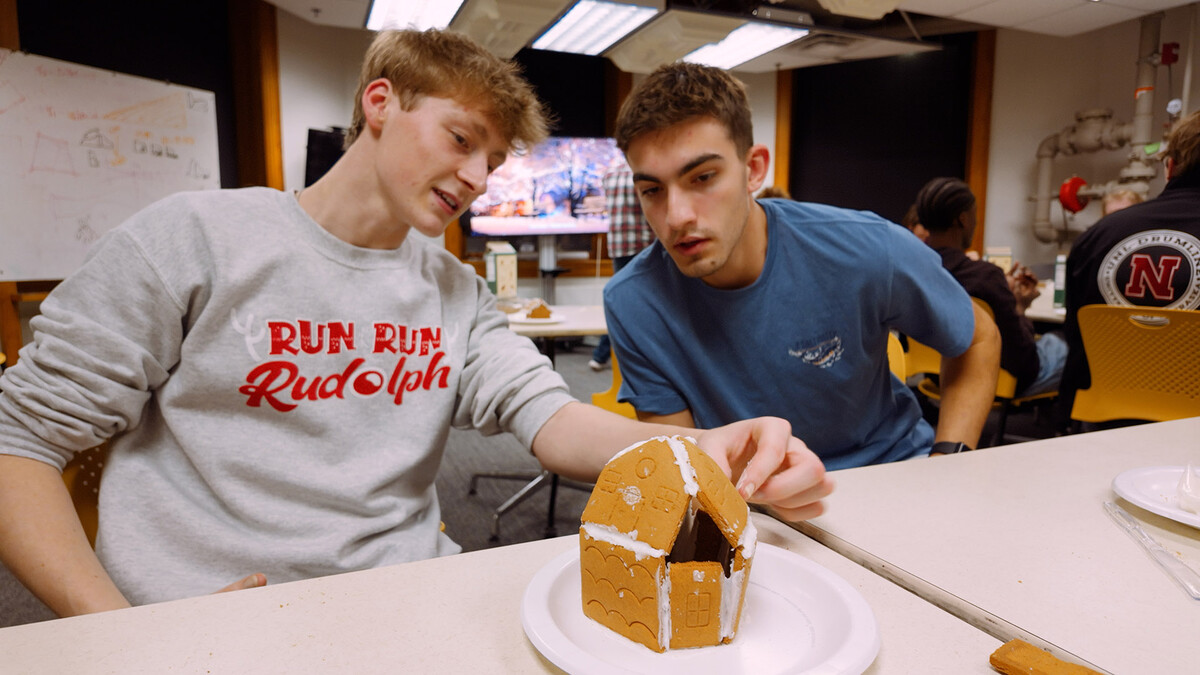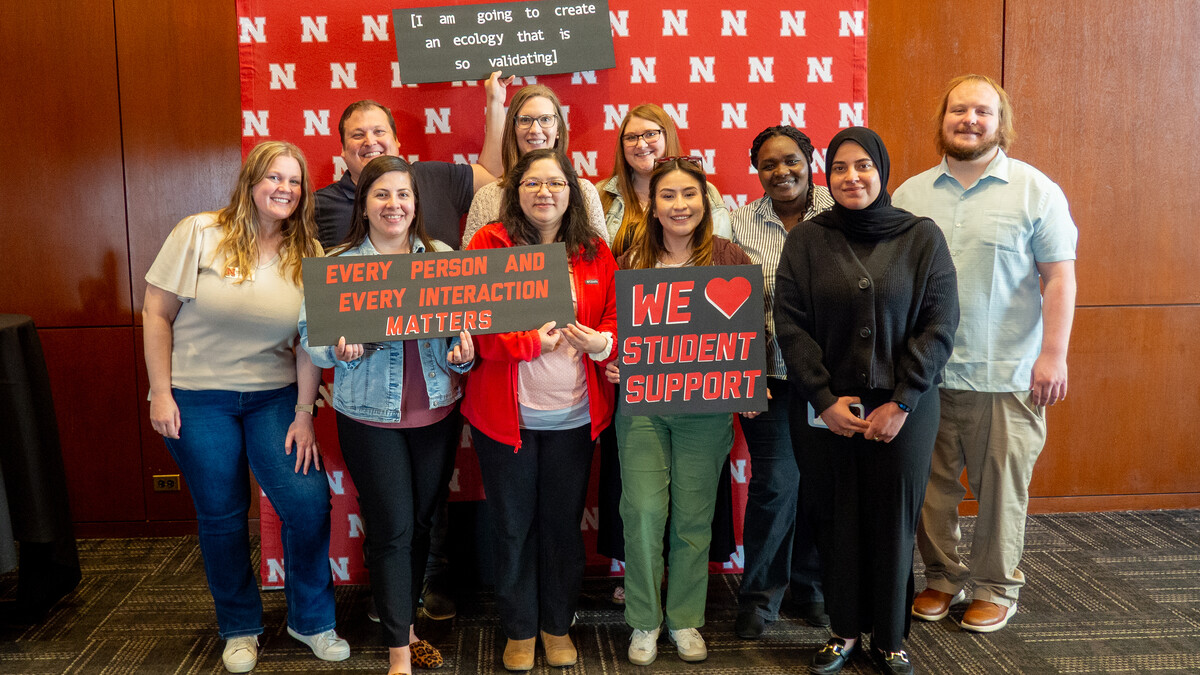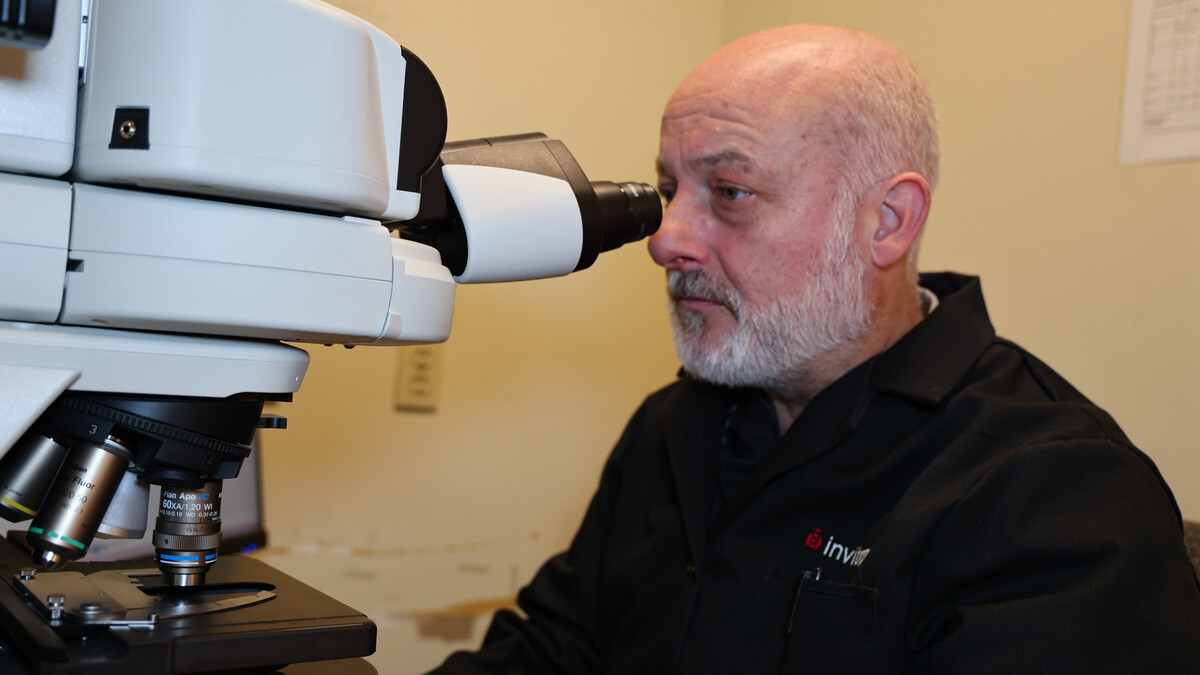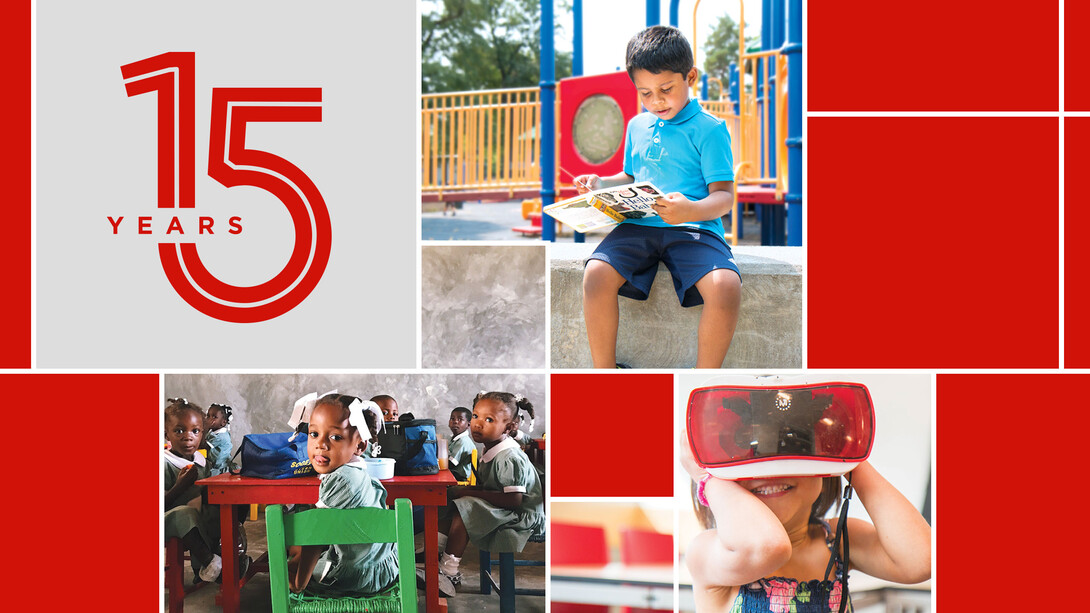
The Nebraska Center for Research on Children, Youth, Families and Schools will celebrate its 15-year milestone from 4:30 to 6:30 p.m. Nov. 18 at the International Quilt Museum.
The event, which is free and open to the public, will feature a brief program led by University of Nebraska–Lincoln Chancellor Ronnie Green. Other speakers will include Matthew Blomstedt, commissioner of education for the Nebraska Department of Education, and Richard Edwards, former UNL senior vice chancellor for academic affairs.
Registration for this event is available online.
Since its inception in 2004, CYFS has fostered relationships and partnerships in research, practice and policy to find solutions to complex challenges facing children, youth, families, schools and communities — both rural and urban — and especially among those who are most vulnerable.
CYFS Research Affiliates, diverse faculty from across the University of Nebraska system, are integral to the center’s mission to advance learning and development in Nebraska and throughout the world.
CYFS is a leading university wide interdisciplinary research center in terms of productivity and impact.
During the past 15 years, CYFS has:
• Housed more than 240 funded research grants, totaling more than $88 million; • Completed studies involving more than 103,000 children and adolescents, spread throughout more than 1,700 pre-K to grade 12 schools in the U.S. and abroad; • Fostered a diverse, interdisciplinary research network of nearly 100 faculty across Nebraska’s four campuses; • Hosted 63 conferences, events and workshops to share knowledge and foster connections; • Partnered with more than 970 rural schools in Nebraska; and • Extended its global reach to seven countries.
Along with the celebration, CYFS has released a special edition of its annual report. It provides a look at the center’s growing community and the variety of life-changing research conducted through CYFS — not only in Nebraska, but throughout the world.
Highlighted research includes projects improving lives on a global scale by addressing critical early childhood issues in Brazil, increasing understanding of bias in STEM training, fostering productive classroom discourse through dance, changing perceptions of dental health among Latino immigrants, enhancing school readiness for young children and more.
View the Annual Report: Interactive or PDF.
Sheridan said she is excited about the center’s future.
“Our research in areas such as early childhood education, psychosocial development, STEM education, family-school partnerships and rural education and communities — conducted by interdisciplinary teams and in collaboration with partners across the state, nation and world — is tackling significant social challenges and creating a better future,” she said. “The impact of our work is clear — our research shapes the future.”


